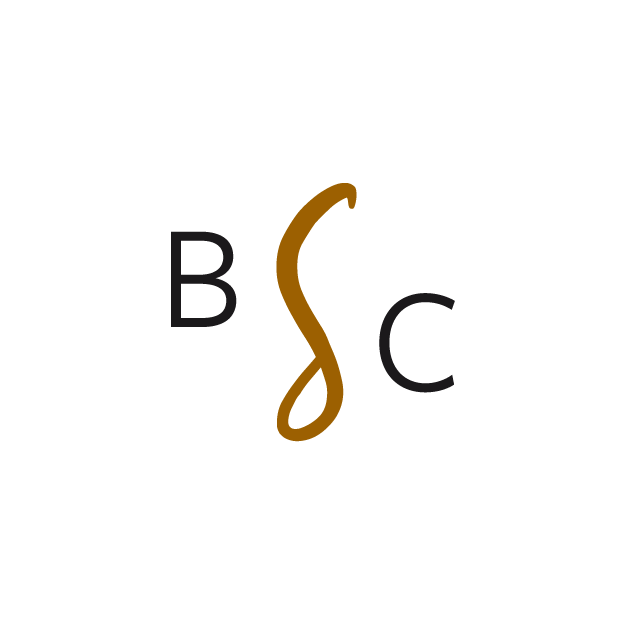How I Worked Through "The Rupture Point" and Found Love for a New Project by Megan Cole
I thought it was done. For two years, I’d gotten up before the sun. I wrote and edited and read and revised. I was proud of the memoir I’d written. It was important, thoughtful, and perfect for the market.
Or so I thought.
As I sent it out to agent after agent, the way I was instructed to in my MFA, instead of acceptances and offers of representations, I got rejections, kind rejections, but still they were rejections. The agents recognized the importance of a story that examined gender and mental illness, saw the quality of my writing, but in every case, something was missing. Feeling the crushing weight of rejection, I dug my biggest sunglasses out of my purse and walked around my neighbourhood, the early summer sun on my shoulders and tears streaming down my cheeks behind the dark lenses.
I regrouped and tried to edit. I attempted to read each chapter, pencil in hand, but I couldn’t find my way back to my book. The faith I had in the whole project was gone, along with my love for the book I’d spent countless hours writing. The comments and feedback from others tainted how I saw my work.
I reached out to a writer friend who I deeply admire and asked if I could pay her to read my proposal, review the rejections, a sample chapter, and give me some feedback. I was completely lost with no idea of how to move forward with a book I’d spent years working on.
Following a phone call where my writerly friend asked a ton of great, probing questions, it became apparent that the book I’d written wasn’t the book I would publish. I was going to have to start over. Write something different. The seeds of what would come were hidden inside the book that I thought I’d finished, but I couldn’t see that then. A new wave was headed my way, and this one would be heavy with grief and shame.
Writers know too well how creativity is impacted by capitalism. We mark our success by the same standards that those outside our communities use. The feeling of failure can hang over our shoulders trying to convince us we were never cut out for writing to begin with or that all that rejection, the book that won’t be published, is proof that our writing is garbage. The weight of failure ground my writing to a halt. I couldn’t work on my book. I didn’t see a way out of it. I didn’t see anything new or exciting, just disappointment and grief.
The truth is, I thought I’d stopped writing. I thought I wasn’t working on anything at all. I was just feeling sad and sorry for myself. But I was reading, scribbling down ideas for essays and in the back of my head, in the moments while I was chopping vegetables, hiking, and washing my hair, those seeds were sprouting.
I wrote on Twitter about the process I was working through — the wave of rejection, the book that wouldn’t be published — and when I realized that something new was happening, something born out of the old manuscript, I posted that too. I woke one day to a note in my DMs from Wayde Compton saying that what I was experiencing was something he called “the rupture point.” He explained that while it’s devastating, it’s also good and necessary for a tougher, better idea to emerge.
The writing life is one that is full of ups and downs of emotions. There are moments of joy when the words flow and the ideas are brilliant, and then there are the weeks of sadness and despair where often the biggest question is how we’ll ever get back to the page. As I worked through the rupture point, as the devastation settled in my belly, I knew what I needed to do was mourn the end of my old manuscript and welcome whatever was going to come next. Mourning the old also meant saying goodbye to old ways. I tried to write the way I had with the first book, I plotted and outlined. I thoughtfully picked scenes that would drive the questions I wanted to explore forward, but the words wouldn’t come. I woke in the morning and stared at my computer screen. There weren’t words or sentences or even ideas, until I opened a new notebook and wrote by hand. I didn’t write in a linear way. I didn’t write chapters. I just wrote around themes and ideas and decided that when it was ready, when something was there, I would see it. Through this new writing process, I was learning to fall in love with myself as a writer again. I was learning to love this new book born out of the scraps of my old manuscript. Themes I thought I’d abandoned – first loves, gender roles, and my complicated relationship with ‘90s and early 2000s pop culture – became the guiding questions of the new book I wrote. I was learning to be kind with myself and that I needed to, at times, sit with all the ups and downs of the writing life. Leaving my old book behind broke my heart, and made me question myself as a writer, but moving through my grief gave me faith that there would be new books and new struggles, that I could fall in love with the process again and again.
Megan Cole is a tattooed food enthusiast with an obsessive reading habit. Her creative nonfiction has appeared in The Puritan, Chatelaine, and The Fiddlehead. She organizes literary events and programming for the Federation of BC Writers and the BC and Yukon Book Prizes. Megan lives and works on the traditional territory of the Tla'amin Nation.
Two ways to work with Breathing Space Creative:

